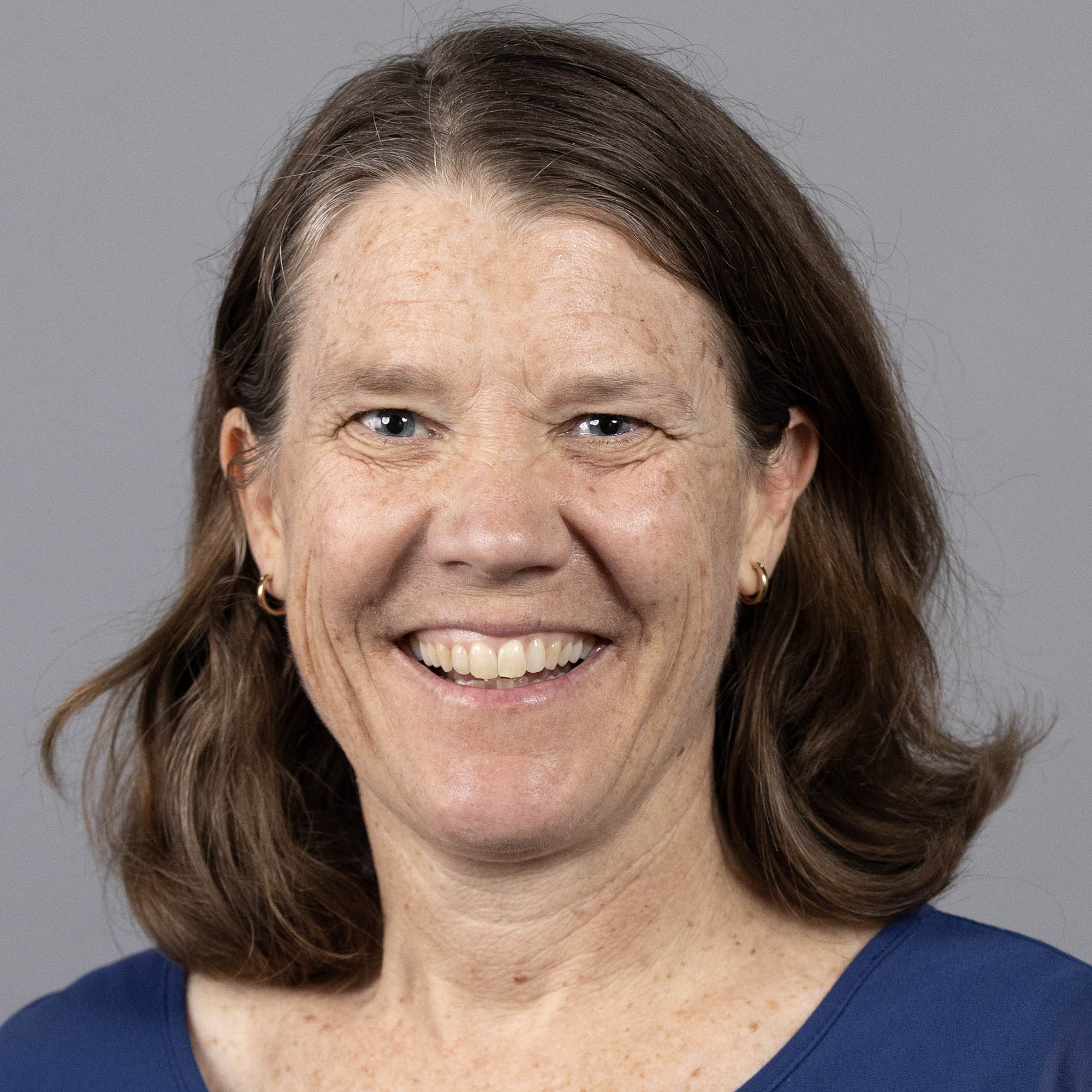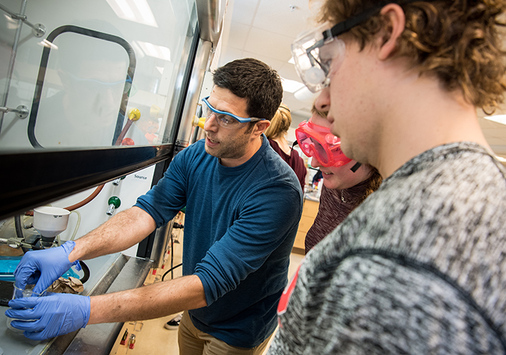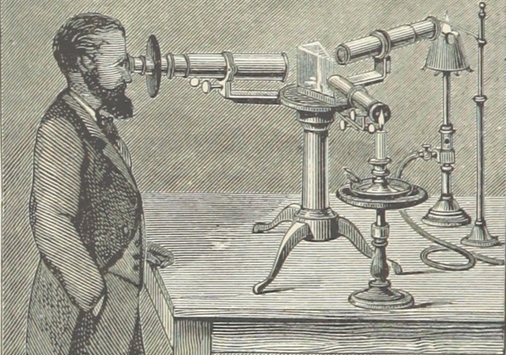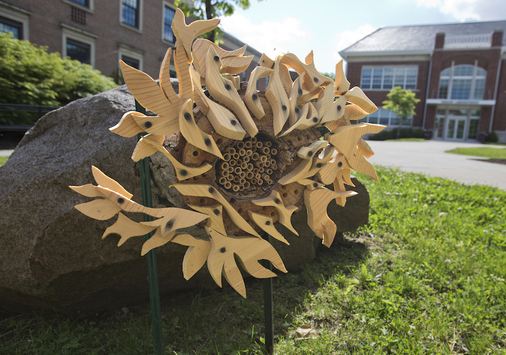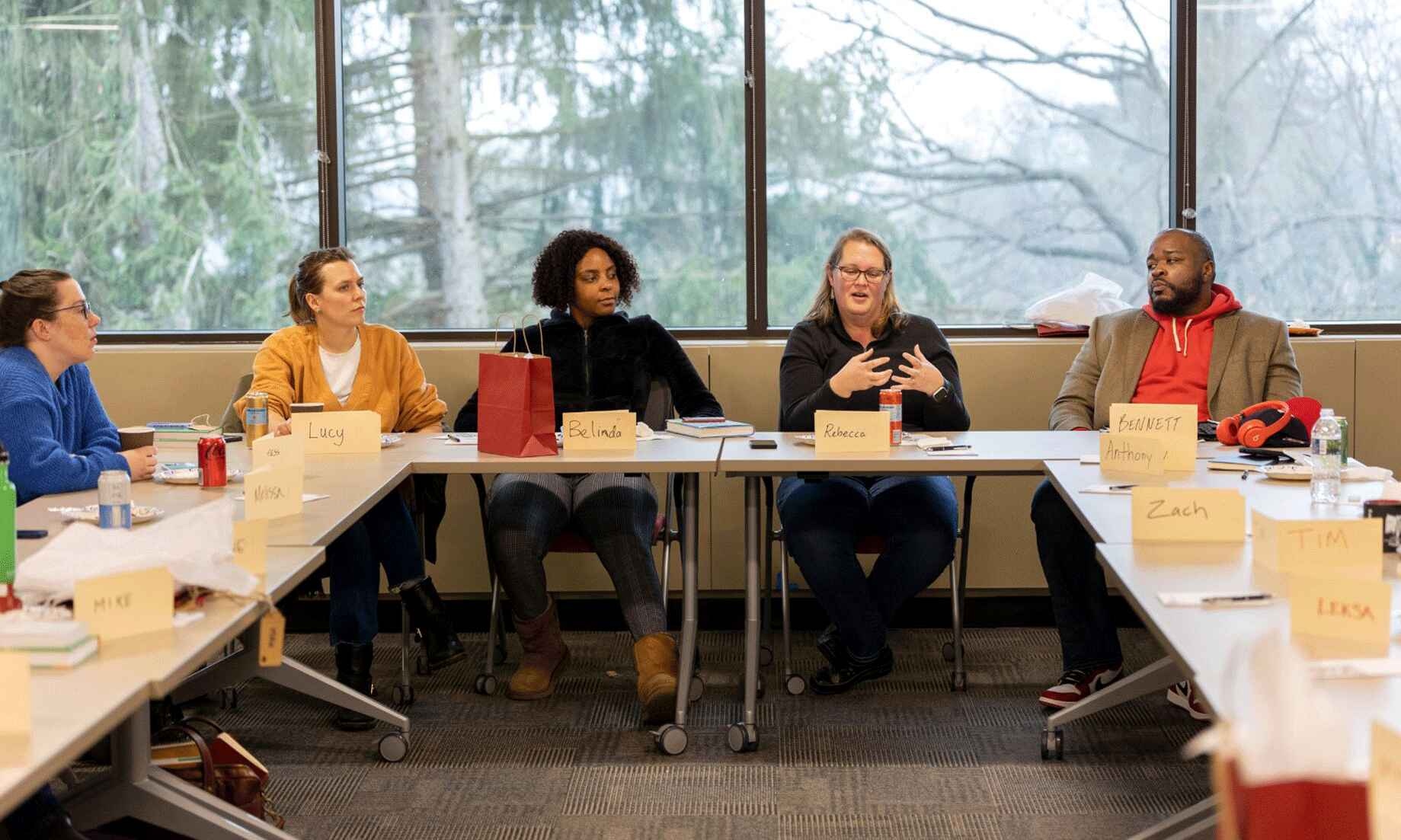
In the academic year of 2022-23, the Center for Learning and Teaching at Denison University was vibrant and impactful. The Center’s mission is to support student learning by fostering an inclusive faculty community that engages with evidence-based resources and in professional development opportunities to foster collaboration, growth, and teaching excellence.
One of the standout achievements was the Denison Teaching Seminar, which saw an impressive 92% participation rate. This seminar, tailored for the early-career faculty at Denison, underscores a commitment to shaping the next generation of educators through continuous learning and pedagogical excellence. Some of the topics covered include: ways to support students, grading effectively and efficiently, and how to read course evaluations productively.
Furthermore, over 40 Denison faculty members generously contributed their leadership and expertise to the Center’s initiatives. Through presenting Teaching Matters topics, leading faculty learning communities, and moderating reading groups, this diverse team of educators was instrumental in amplifying the impact of the Center. Their varied backgrounds and experiences ensure that the Center’s approach remains holistic, inclusive, and innovative. Over 115 faculty members took advantage of these opportunities to learn with and from colleagues. Some of the topics covered include: teaching writing in a non-writing course, running effective groups, and encouraging students to do hard things.
In addition, the Center orchestrated visits from renowned experts: Garth Neufeld from Cascadia College, Tracie Addy from Lafayette College, and Tim Laquintano also from Lafayette College. These thought-leaders shared their deep insights on pressing topics: avoiding faculty burnout, implementing inclusive practices, and navigating artificial intelligence respectively.
Finally, the Center continued to email a bi-weekly digest that encapsulates a range of evidence-based best practices and cutting-edge insights on innovative teaching strategies, effective use of technology, student engagement techniques, and effective assessment, to name a few. The content, diligently curated or crafted by the director Dr. Lew Ludwig, is grounded in robust research and drawn from a wide array of innovative articles, books, and online resources. The goal is to support timely, ongoing faculty development with the most current and impactful knowledge in the field.
It is clear that the 2022-2023 academic year was a success.
